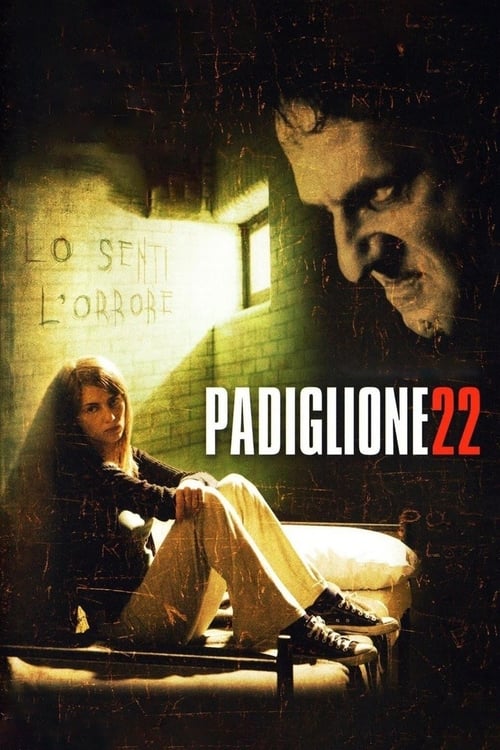Marco Castellini
•Pavilion 22
Laura is a repressed woman trapped in the banal routine of a life devoid of stimulation. The death of her mentally ill brother, who had been confined to an asylum until 1978 (the year of the Basaglia law), causes Laura's fragile mental balance to collapse. She begins to see the ghost of her brother materialize, tormenting her relentlessly.
'An emotion, a flash of wit overflows like an unexpected regurgitation,' the cynical yet lucid Frank Cross (Bill Murray) once said in "Scrooged." Never has such an aphorism been more fitting for a ghost story that echoes Henry James's "The Turn of the Screw," featuring a lifeless, emaciated young woman spiraling into a state of anguish and haunting visions. For this film is all about images, as the dialogues are practically non-existent, banal, useless, or overly explanatory. The screenplay reveals ABYSMAL (not just minor) plot holes, with unbearable and continuous fades and disorienting time skips. The acting, apart from the performance of the deranged brother, is quite dreadful—flat, subdued, monotonous, and utterly unconvincing. Just listen to Regina Orioli speak (not surprisingly, she once admitted to being uninterested in acting, and here she provides tangible proof). Unfortunately, the fleeting (and wasted) cameo by Elio Germano isn't enough to save the film, though it does manage to elicit a faint smile. The characterizations, either hollow or superficial, are equally unconvincing: most notably the hateful mother (who, with her incessant hair brushing, strongly recalls the woman from the tape in "The Ring"), the protagonist as a child, and her boyfriend, all of whom come across as utterly implausible, if not outright ridiculous at times.
It must be said that the direction of the actors is practically non-existent. There seems to be no 'listening' between them, as if one were watching an Ionesco play (e.g., "The Bald Soprano") where each character performs a monologue in isolation. To make matters worse, the computer-generated effects are atrocious, particularly in two sequences: the 'disastrous' ending reminiscent of "Silent Hill" and the protagonist's zigzagging escape down the asylum's corridor, futilely trying to evade her brother's ghost as he appears and disappears.
This latter sequence even makes one long for a similar scene from "Fracchia vs. Dracula," where Paolo Villaggio is terrified by the constant and miraculous appearances of Count Dracula.
In conclusion, faced with this film, I now understand why its theatrical release was so mercilessly limited; I confess that the manager of one of the few cinemas in Rome where the film was shown was almost surprised by the large turnout (two people), to the point of asking if they had personal reasons, such as being related to or acquainted with the cast... almost a Dantean warning: abandon all hope, ye who enter here.

